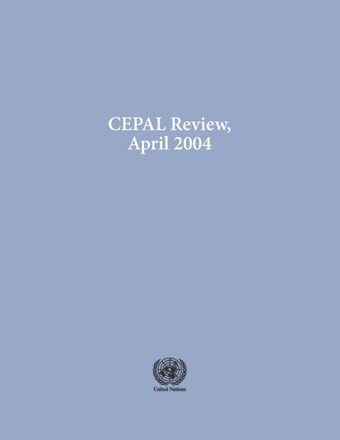-
Households, poverty and policy in times of crisis. Mexico, 1992-1996
- Source: CEPAL Review, Volume 2004, Issue 82, Jun 2004, p. 191 - 212
- Spanish
-
- 16 Jun 2004
Abstract
Before the 1995 crisis. Mexico had registered over a decade of improvements in human development indicators. Using decomposition techniques, this paper measures the benefits of those improvements in terms of allowing households to cope with that crisis. The decline in consumption between 1994 and 1996 is amply explained by the reduction in the returns to household characteristics, with the changes in those characteristics serving to reduce the negative impact of the crisis. Had household characteristics remained at their 1992 levels, rural poverty in 1996 would have been 48% higher than observed. The results of our simulation show that had the PROGRESA programme been in place during the crisis, the rural poverty gap and the squared poverty gap would have been reduced. The conclusion is that social programmes that focus on long term development can also perform an important safety net function during a macroeconomic crisis.





